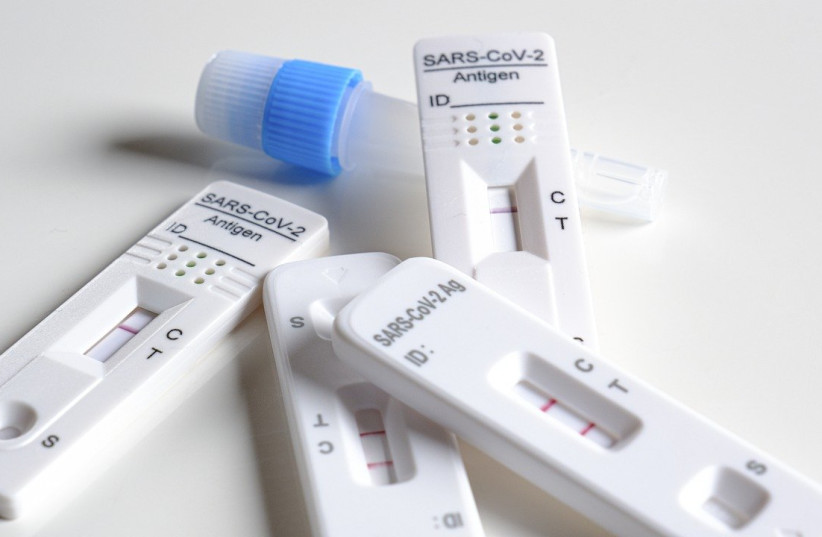Most patients who experienced a loss or dysfunction of their taste and smell senses due to COVID-19 infection reported a complete recovery at the two-year mark of the infection onset, according to a new cross-sectional survey conducted in Italy.
The results of the survey were published in JAMA Otolaryngol Head and Neck Surgery on August 4 in a research letter submitted for publication by researchers from the University of Trieste, Italy.
The survey examined some of the most prevalent COVID-19 symptoms experienced in the long-term by infected people - anosmia and ageusia, or the loss of smell and taste. According to lead researcher Paolo Boscolo-Rizzo, some 7% of COVID-19 patients were still functionally anosmic even a year after their initial infection, and so, in order to understand and estimate the long-term persistence of these symptoms, it was decided to examine the two-year prevalence and recovery rate of anosmia and ageusia.
Carrying out the study
Having previously conducted a study on the prevalence of taste or smell symptoms in mildly symptomatic patients at the onset of infection and then four weeks, eight weeks and six months later, Boscolo-Rizzo turned to the same patients - adults who had tested positive for COVID-19 via PCR test at Treviso General Hospital in Italy between March 19-22, 2020 - to now examine the two-year prevalence.

"Contrary to what is often reported, patients should be reassured that recovery from smell or taste impairment may continue for many months after the onset."
Paolo Boscolo-Rizzo, lead researcher
The patients were issued the same follow-up questions at the two-year mark as they had been at the previously mentioned dates.
With patients who had experienced reinfection or late onset of symptoms excluded from participating, researchers examined 168 eligible patients (90 women and 78 men) with a median age of 55 years.
Of the 168 participants, 108 people reported smell or taste dysfunction at the onset of COVID-19 infection. That number then decreased to 64 people at four weeks, 29 at eight weeks and 27 people at six months. At the two year mark, just 14 people reported a continued loss of taste or smell, indicating that 88.2% of patients experiencing loss or dysfunction of taste and smell senses make a full recovery within two years.
However, the researchers stressed that the study results must be interpreted with caution owing to several limitations including the fact that data was self-reported based on cross-sectional surveys and the sample of patients was relatively small and geographically limited. Additionally, the study only examined patients who experienced mild symptoms at the point of infection and did not examine those who had experienced more severe symptoms.
Despite the limitations, however, Boscolo-Rizzo is confident that the results are accurate. "Contrary to what is often reported, patients should be reassured that recovery from smell or taste impairment may continue for many months after the onset," he writes. "These results apply to patients infected in the pre-Omicron period. COVID-19 driven by the SARS-CoV-2 Omicron variant has been indeed observed to less frequently and less severely affect chemosensory function."
Why do people lose their sense of taste or smell?
While there is no concrete answer as to how or why anosmia and ageusia occur in people infected with COVID-19, a study published in January of this year suggested a link between genetics and increased likelihood of experiencing these symptoms.
Through conducting a genome study of those who experiences these symptoms as well as of those who did not, a team of 23andme researchers successfully identified a genetic risk factor that increased the odds of experiencing loss of taste or smell by as much as 11%.
However, they noted in the study, their research had a bias toward people of European ancestry, and further research into the phenomenon was still needed.
